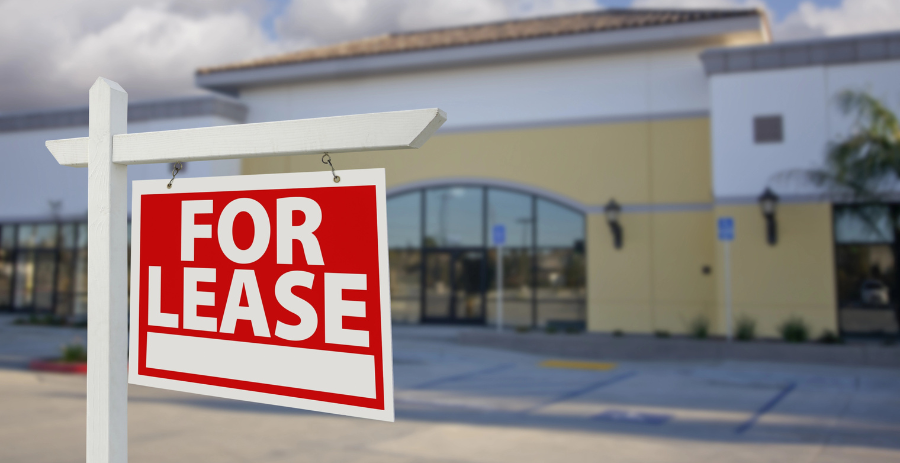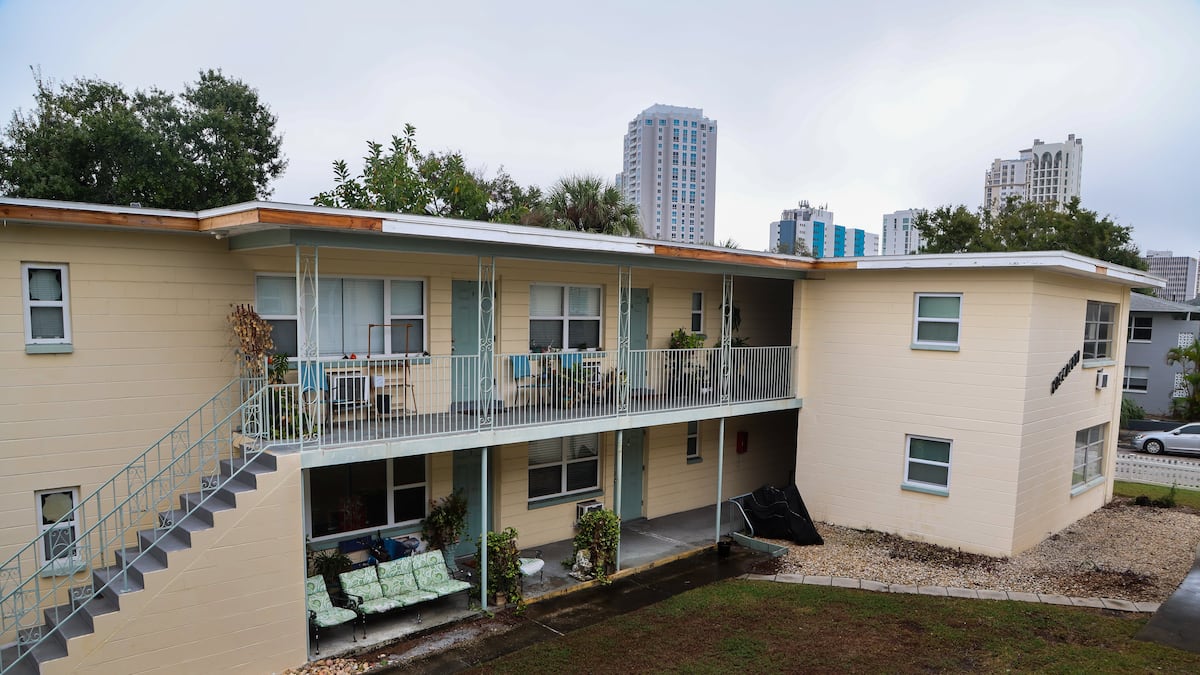I
ndependent retailers may be facing a daunting challenge: a battle for space. If you've navigated the Great Recession, pandemic, supply chain meltdowns, and inflation, congratulations are in order. But are you prepared for the next hurdle?
Your landlord is likely to become your biggest obstacle. Despite predictions of retail's demise, in-store shopping has experienced a resurgence, making demand for store space hot and heavy. The issue lies in the reduced construction of new retail spaces and the repurposing of old ones.
Developers have scaled back on commercial projects, focusing instead on residential developments. Meanwhile, existing retail inventory is being demolished or transformed into healthcare facilities, gyms, schools, and other uses. Consumers are driving this shift by preferring to shop in person, even if they ultimately make purchases online.
This perfect storm has created a scenario where demand for store space exceeds supply. As a result, landlords are increasingly unwilling to renew leases with existing tenants, opting instead to rent out spaces to big national chains at significantly higher rates. These offers often come with astronomical increases – 20-50% above current rates – which independent retailers can ill afford.
So, what's a retailer to do? Negotiating a new lease may be futile against more experienced and financially robust competitors. The options are limited: relocate to a less desirable space at a higher cost, close the physical store and focus on e-commerce, or abandon retail altogether.
However, there is another path forward: downsizing. By streamlining operations and optimizing floor plans, retailers can maintain manageable rent costs while adapting to the changing market landscape. Paying excessive rent can be a recipe for disaster; it's time for creative leasing strategies to match innovative merchandising approaches.















